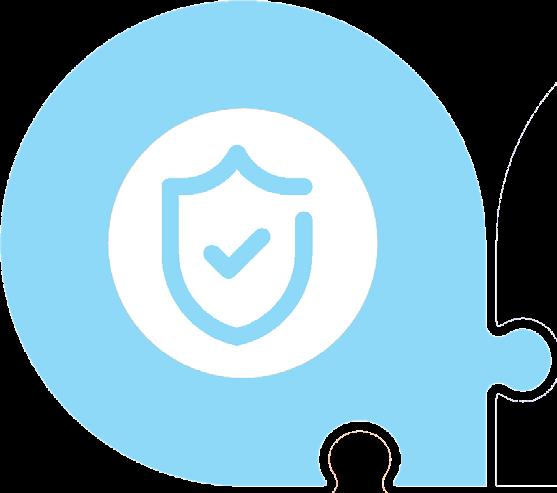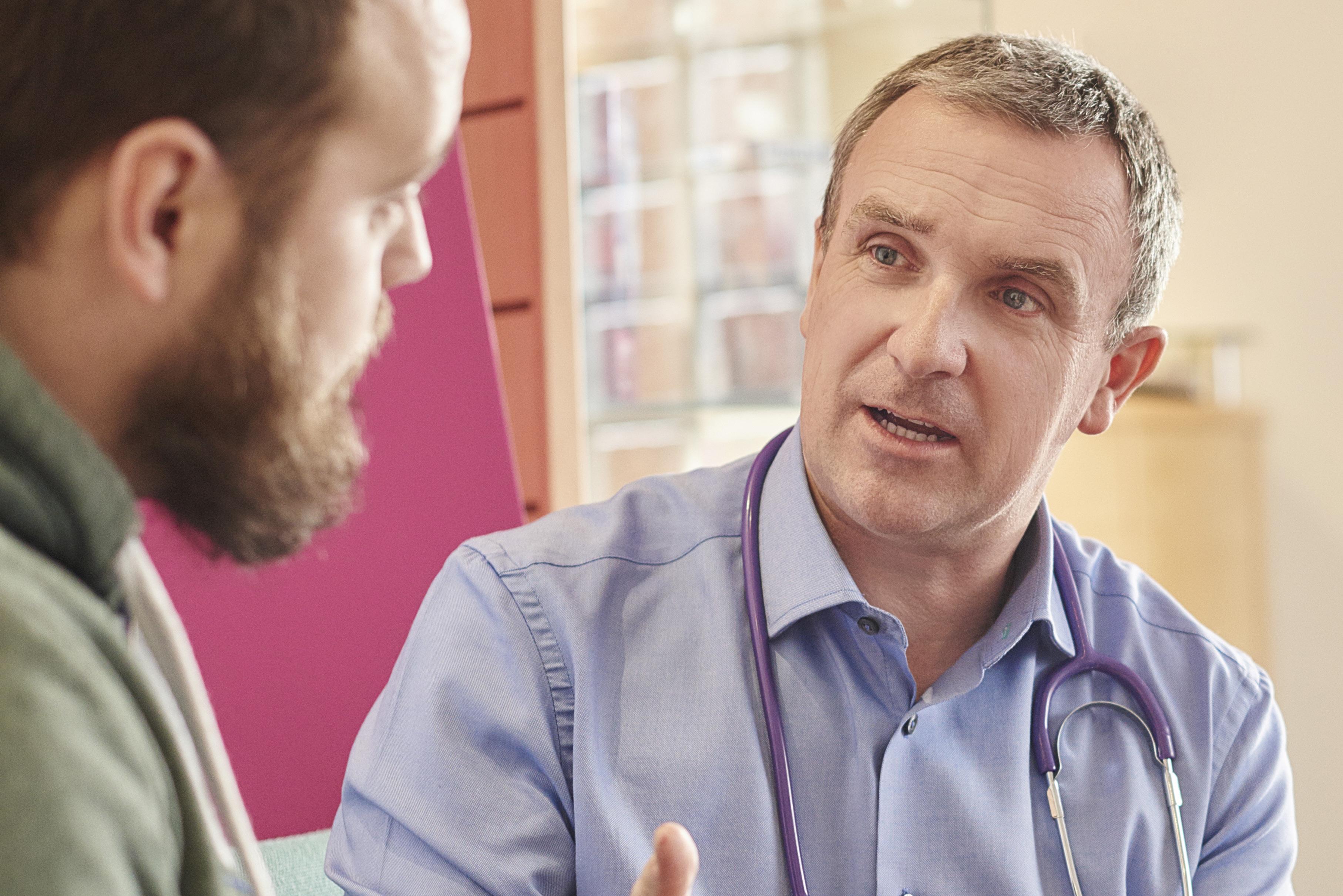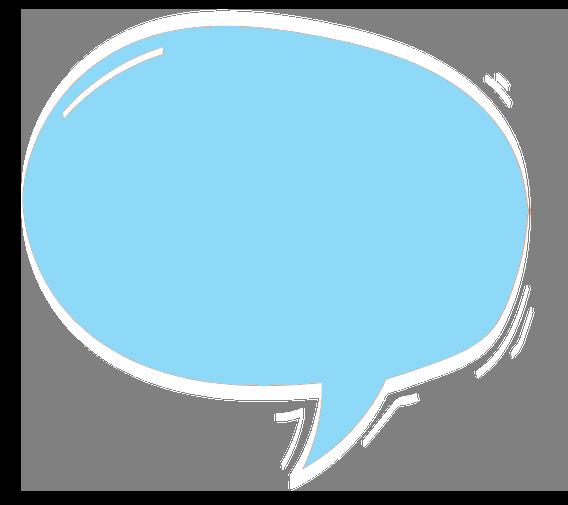
4 minute read
Element 1: Connecting with trusted support services
Goal
Advertisement
1
Everyone in the community is aware of the range of reputable suicide and wellbeing supports available and can access inclusive care (and support) that meets their needs when they need it most.
Actions
A
Raise awareness of relevant support services and resources* including: Beyond Blue Suicide Resource Kids Helpline Lifeline Gippsland Mens Line Suicide Call Back Service Support After Suicide Yarning SafeNStrong
What’s happening in Gippsland?
A1. Lifeline are monitoring and updating the Gippsland Mental Health - Support Directory. The website is mobile friendly and includes a feedback and suggestion form.
A2. Gippsland PHN will continue to update the Suicide Prevention page of their website and include new resources as they become available. For more info: Suicide Prevention Resources – Gippsland 2021
A3. Support After Suicide services are provided by Jesuit Social Services for anyone in Gippsland bereaved by a suicude death.
B
Identify and train gatekeepers who represent the diversity of our communities and can raise awareness of suicide prevention. LGBTQI+ people Aboriginal people People from CALD and refugee backgrounds People living with disabilities
B1. Wellways provide people with lived experience of suicide, training to safely share their story, support and networking through a facilitated peer support group: The Lived Experience Workforce Project. Contact Wellways Gippsland branches for more information.
B2. Question, Persuade, Refer (QPR) online learning module. QPR aims to save lives by providing innovative, practical and proven suicide prevention training, empowering all people to make a positive difference. Anyone can do this 90-minute, self-paced online course from home. All people living, working or studying in Gippsland are eligible for free registration via Gippsland PHN’s suicide prevention program.
Organisations that receive state government or PHN funding and employ suitably qualified mental health professionals such as psychologists, social workers and counsellors or trained and supervised volunteers. Avoid individuals or organisations sponsored by private companies only; consist of unqualified or under qualified staff or untrained volunteers (lived experience alone is not enough); deliver unevaluated programs and may charge a lot for their services or rely heavily on fundraising through merchandising.
C
Promote positive stories from people with lived experience to help address barriers to accessing services.
C1. Stories are Strong campaign was developed through interviews with people with a lived experience of suicide and experts in the field. There are 14 stories of hope and inspiration that celebrate resilience and strength in our communities plus four fact sheets with hints and tips for positive mental health.
#storiesrstrong
D
Raise awareness of suicide prevention by utilising existing campaigns and value adding to annual events such as World Mental Health Day and IDAHOBIT.
* A full resource list can be found on pages 34 to 35.
D1. Wellways provide people with lived experience of suicide, training to safely share their story, support and networking through a facilitated peer support group: The Lived Experience Workforce Project. Contact Wellways Gippsland branches for more information.
D2. Lifeline Gippsland promote positive suicide prevention activities and campaigning to support or become involved in.
D3. Wellways Australia promote positive suicide prevention activities and campaigning to support or become involved in. D4. Check out the Stories Are Strong Campaign - inclusive events to celebrate and acknowledge our diverse community.
What’s happening in Gippsland?

Organisations including local councils, health services and schools

• Include links to support services and resources on your website. • Identify who in your organisation can take on a suicide prevention role/portfolio. • Include support services information and resources in your organisation’s induction program. • Include support services information and resources in your existing “awareness day” activities e.g. IDAHOBIT. • Actively provide welcoming and inclusive services and environments for men, young people and people from diverse communities. • Check out The Human Code to identify ways to support men experiencing life challenges. • Contact Rainbow Health for LGBTIQ inclusive practice training. • Visit Orygen for the best practices for supporting young people • Develop your own Community Suicide Prevention Action Plan using the template on pages 30 to 34 or use the downloadable templates.
What can I do?


Community Groups including sports clubs, neighbourhood houses, volunteer led groups

• Include links to support services and resources on your Facebook page / website. • Identify who in your community group or club is a potential gatekeeper and can do training. • Promote the Stories are Strong articles to members. • Develop your own Community Suicide Prevention Action Plan using the templates on pages 30 to 34 or use the downloadable templates.
To participate in community gatekeeper training, contact: Wellways, Lineline, Latrobe Regional Hospital, Jesuit Social Services or Gippsland PHN for workshop opportunities.
Individuals
Keep up to date with suicide prevention information via Gippsland PHN’s suicide prevention pages.
• If you have lived experience of suicide (attempt or bereavement), consider becoming a lived experience speaker.
Wellways train and support people to tell their story in a way that empowers those around them with a focus on hope and recovery. Sharing your story can provide you with a sense of purpose and drive for the future. • Participate in community gatekeeper training. • Participate in co-design of culturally safe gatekeeper training – contact Wellways and Jesuit Social Services. • Read the Stories Are Strong articles and share them with friends and family. • Share information about support services and resources via social media.








